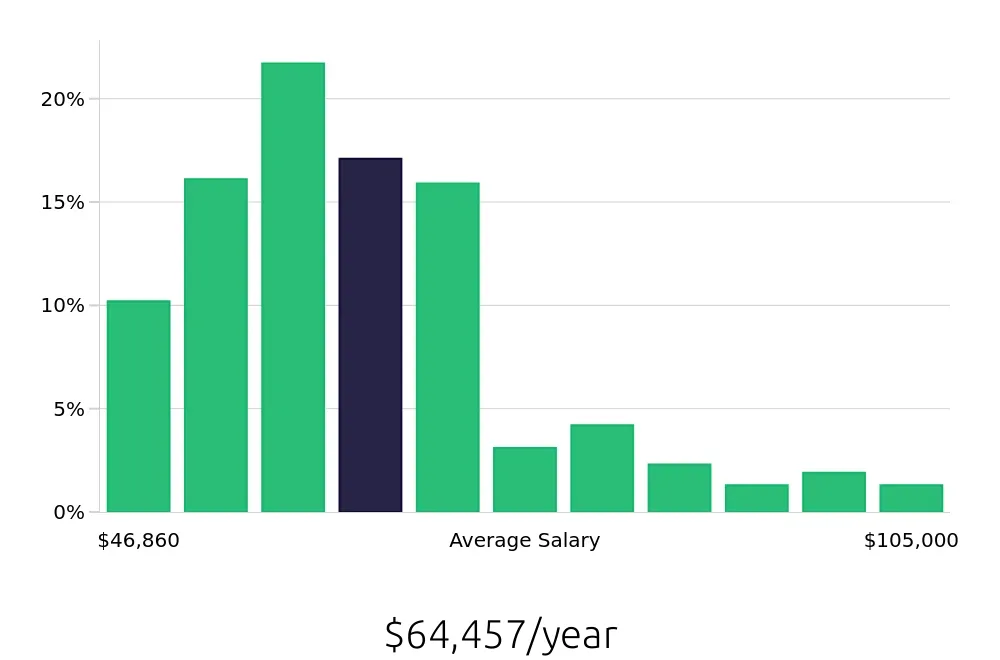Position
Overview
The Post-Doctoral Fellow position offers an excellent opportunity for researchers to further their expertise in a specific field. Fellows conduct in-depth research, often under the supervision of a senior researcher. They contribute to academic publications and may present findings at conferences. This role requires a strong commitment to scholarly activities and the ability to work independently on complex projects.
Responsibilities of a Post-Doctoral Fellow include designing experiments, analyzing data, and writing research papers. Fellows also collaborate with other researchers and may mentor junior staff or students. This position helps to develop skills in project management and scientific communication. It serves as a stepping stone for those aiming for a career in academia or specialized industries. The experience gained as a Post-Doctoral Fellow can be highly valuable in securing future career opportunities.
Becoming a Post-Doctoral Fellow can be a rewarding step in advancing your career. This role allows you to deepen your expertise and contribute to your field in significant ways. It also opens doors to new opportunities and collaborations.
To embark on this journey, follow these steps:
Each step is crucial for success. Starting with a Ph.D. ensures you have the necessary background knowledge and skills. Seeking research opportunities helps you gain experience and build a network in your field. A well-prepared application makes a strong impression on potential employers. Finally, interviews and securing the position allow you to take the next step in your career.
To become a Post-Doctoral Fellow, one usually finishes a Ph.D. program first. This program takes about four to six years. After the Ph.D., a fellowship program offers more training. This training can last from one to five years. Each field has its own timeline. Some areas might take less time while others may take longer.
Factors affecting the duration include the field of study, the specific research project, and the availability of funding. Engaging in cutting-edge research often requires more time. Securing grants and other funding helps complete the fellowship smoothly. Institutions sometimes have different requirements, which can also affect the length of the fellowship.
The Post-Doctoral Fellow will conduct advanced research and contribute to academic publications under the guidance of a senior researcher or principal investigator. The fellow will engage in various research projects, analyze data, and present findings at conferences and in peer-reviewed journals. The role requires a collaborative approach and the ability to work independently.
Responsibilities:
Qualifications
A career as a Post-Doctoral Fellow offers a unique path for professionals who wish to delve deeper into specialized research. This role follows the completion of a doctoral degree, providing opportunities for advanced study and research under the guidance of experienced scientists. It is a stepping stone towards a permanent research position or a faculty role.
Being a Post-Doctoral Fellow involves conducting independent research, publishing findings, and often teaching or mentoring junior researchers. This role enhances one's expertise and builds a strong foundation for a future career in academia or industry. The experience gained in this role is highly valued in many research-intensive fields.
Here are some pros and cons to consider about this career path:
Becoming a Post-Doctoral Fellow offers a promising career path for those dedicated to research. With an average of 8,300 job positions opening each year, as reported by the BLS, this field presents ample opportunities for growth. The job outlook is even more positive, with a projected increase of 11.1% from 2022 to 2032. This growth signifies a stable and expanding demand for qualified candidates in various sectors.
The financial rewards for Post-Doctoral Fellows are also noteworthy. According to BLS data, the average national annual compensation stands at $110,850. This figure reflects the value placed on advanced research skills and the contributions fellows make to scientific and academic communities. Moreover, the average national hourly compensation of $53.29 demonstrates the competitive nature of this profession. Such earnings make it an attractive option for job seekers looking to maximize their career potential.
Job seekers interested in this field will find a supportive environment for professional development. Post-Doctoral Fellowships provide a unique opportunity to work closely with experienced researchers and gain valuable experience. These roles often lead to permanent positions in academia, industry, or government. The combination of job stability, competitive salaries, and growth potential makes Post-Doctoral Fellowships a rewarding choice for many professionals.
